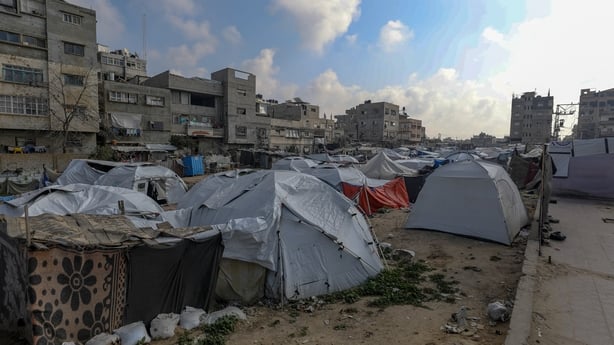In Sierra Leone, the synthetic drug known as kush, a mixture of cannabis, fentanyl, and tramadol, has become a major issue among the youth, leading to severe addiction and a lack of effective support systems.
The situation has reached a critical point even as today, following the President Julius Maada Bio declaration of a state of emergency since April. This declaration marks a significant step towards addressing the crisis, but the efforts to tackle the problem are complex and multifaceted.
One of the initiatives aimed at combating the spread of kush addiction is a volunteer-run treatment center in the Bombay suburb of Freetown. This center, which began operations within the past year, provides a space for individuals struggling with kush addiction to seek help.
The center’s approach includes seizing individuals at the request of their families and, in extreme cases, chaining them to prevent escape. This measure reflects a practice previously used by Sierra Leone’s only psychiatric hospital.
“We turn parents away for lack of space,” said Suleiman Turay, a local football coach who helped launch the center.
“The people in the community cooperate and help in their own individual ways. Some bring food, some bring water, doing whatever they can to help.”
Suleiman Turay
A doctor in the community visits from time to time. Police said they were not aware of the project or the practice of chaining people.
The center has managed to treat between 70 to 80 people so far, with the youngest patient being a 13-year-old boy sent there by his father.
“I was very angry, and I wanted to have nothing to do with him,” said Gibrilla Bangura, a college lecturer.
He added, “I am very grateful to these men and women for their role in helping my son.”
Government Launches Task Force On Drug Abuse

The government launched a task force on drug and substance abuse, focusing on both prevention and treatment strategies.
This initiative involves collaboration between law enforcement agencies and community members to address the issue comprehensively.
The task force’s efforts are part of a broader strategy to tackle the epidemic, which President Bio has described as a national threat.
Despite these efforts, the situation remains dire, with healthcare services severely limited and the drug’s impact extending beyond addiction to affect physical health, family dynamics, and community cohesion.
The West Africa Drug Policy Network highlights that Sierra Leone is the worst-hit country in the region, with no adequate treatment or rehabilitation options available for most users.
The U.S. Centers for Disease Control and Prevention’s Director in Sierra Leone, Daphne Moffett, said one challenge in responding to the crisis is the drug’s changing composition. “Before appropriate interventions can be developed, we need to know what materials are in Kush,” she said in an email.
Meanwhile, Sierra Leone’s first public drug rehabilitation center, headed by Ansu Konneh, the Director of mental health at the Ministry of Social Welfare, has opened in Freetown, aiming to address the unique challenges posed by kush addiction.
“It’s making young people drop out of college, and it’s having a physical effect on their health. You can see they have swollen feet, they have multiple organ failures, they’re involved in crimes,” he said.
He added, “It’s a very serious situation. It’s creating family disintegration, problems in communities, and they’re dying every day.”
The community’s response, including the establishment of grassroots treatment centers and the mobilization of volunteers, underscores the urgency and complexity of the situation.
As the government works to prioritize resources and interventions, the involvement of various stakeholders, including healthcare professionals, law enforcement, and community members, will be crucial in mitigating the devastating effects of kush on Sierra Leone’s youth.





















